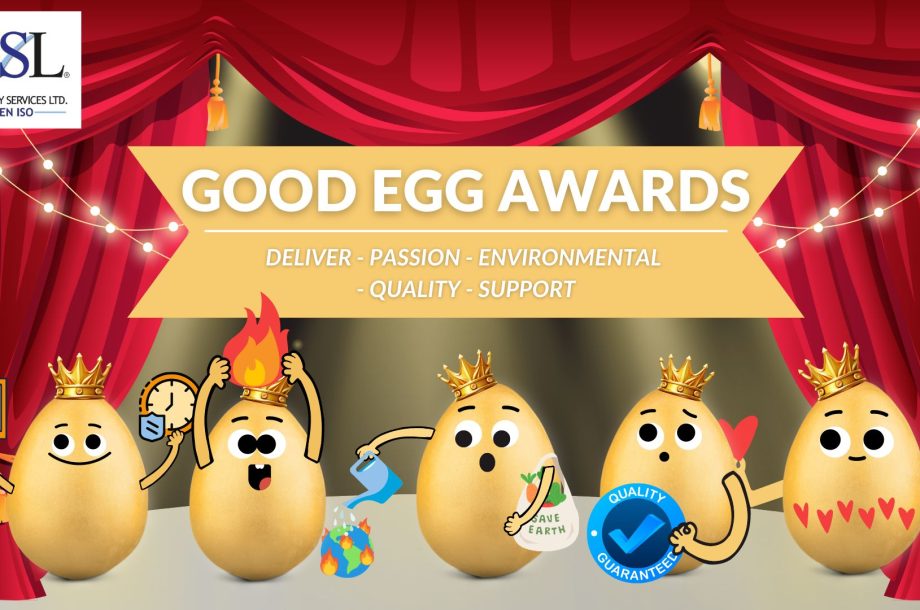Climate Deal Struck at COP26
16 Nov, 2021
After overrunning, a deal has finally been struck at COP26. Get the details on the Glasgow Climate Pact and steps you can be taking today in the race to net zero.
Over the past two weeks, all eyes have been on Glasgow as nearly 200 world leaders met for the UN Climate Change Conference of the Parties (COP26). Here, they outlined their climate commitments towards supporting the goals of the Paris Agreement and to limit global warming to 1.5 degrees.
World leaders reached an agreement on Saturday known as the Glasgow Climate Pact, which will see them revisit and strengthen their targets for cutting emissions by 2030. It is hoped that next year, they will submit more ambitious carbon-cutting plans and increase climate finance to help poorer nations.
Whilst not legally binding, this new pact sets the plan on climate change for the next decade, which will ultimately lead to many changes to our everyday lives and how organisations operate.
What are the key points agreed?
Trees: More than 100 world leaders promised to tackle deforestation.
Trees are considered one of the most powerful weapons against climate change, with a young wood being able to lock up over 400 tonnes of carbon per hectare.
To help us reach net zero, we need around 1.5 million hectares of additional woodland (about the size of Yorkshire). That might seem a lot, but scientists have already identified areas that could be used for woodland across Europe. Find out more about the importance of trees on the Woodland Trust Website. In addition, their Woodland Carbon Scheme can help your business reduce your carbon footprint whilst also supporting reforestation.
Not only will reforestation reduce carbon, but it also supports biodiversity which is essential to our daily lives. Biodiversity underpins all life on earth, and we depend on ecosystems for things such as clean air, fresh water, medicines, and food security. For example, without trees we won’t have oxygen to breath and without pollinators like bees and butterflies, there will be no fruit, vegetables, or crops.
Methane: More than 100 countries joined a scheme to cut methane emissions by 30% by 2030.
Methane is responsible for a third of human-generated warming such as cattle production and waste disposal and is accountable for around 20% of the warming the plant has experienced.
It’s believed that cutting methane could buy us extra time in tackling climate change. Whilst there is more carbon in the atmosphere, methane has a greater warming power, being around 80 times more powerful at warming the earth than carbon over a 20-year period.
Our efforts here could be focused on reducing waste, improving livestock management, and eating less meat and dairy.
Coal: More than 40 countries have promised to phase out coal.
Coal is the single biggest contributor to climate change, being used for energy generation in many countries. Going forward, we will see the utilisation of renewable technologies such as wind, wave, marine, hydro, biomass and solar.
Switching to a renewable energy supplier is one of the quickest and easiest ways most organisations can reduce their carbon footprint in this area.
Money: 450 organisations controlling around 40% of global private assets have agreed to back ‘clean’ technology such as renewable energy.
This helps get private companies involved in helping us reach net zero by investing in renewable energy rather than coal, oil, and gas.
What Can You Do Today?
Organisations are being urged to act now and set out their plans to become net zero. Not only will this help you stay ahead in the race, but it will also give you a competitor advantage and save you money amongst many other benefits.
Here are three things you can do today to help get you started:
Get Funding to help your business become greener
Almost £5 billion of funding is available to help businesses become greener as part of the UK’s commitment to reach net zero emissions by 2050. Find out more on the GOV.UK website.
It’s also worth noting that if you’re implementing ISO standards such as ISO 14001 Environmental, you can claim back some of the costs involved through R&D Tax Credits. Find out more in our webinar: Think You Can’t Claim R&D Tax Credit…? Wrong!
Identify and reduce your carbon emissions
Our article ‘Three Steps to Start Your Net Zero Emissions Journey’ will help you identify and reduce your carbon emissions today.
Implement ISO 14001 Environmental Management
The internationally recognised standard ISO 14001 helps you manage the aspects of your business which has an impact on the environment. As well as helping you reduce this impact, ISO 14001 will save you money, increase employee engagement, and improve your compliance with legal and regulatory compliance. Find out more about ISO 14001 and its benefits in our Introduction to ISO 14001 online module. Alternatively, get a free, no obligation quote by calling our friendly team today on 0330 058 5551.
ISO Quality Services Ltd are proud to specialise in the implementation and certification of the Internationally recognised ISO and BS EN Management Standards.
Do you want to get ahead of your competition? Win more tenders or save time and money on reoccurring issues? Contact us today on 0330 058 5551 or email info@isoqsltd.com.
Alternatively, you can request a quote by filling out our enquiry form and a member of our team will be in touch shortly.





